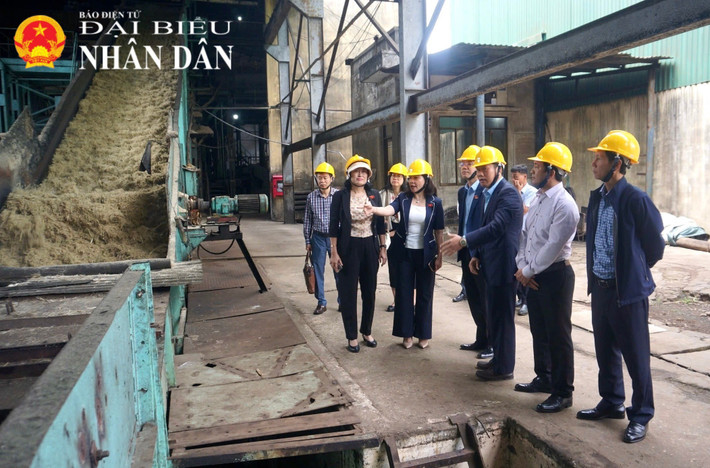
According to a report by the Dak Lak Provincial People's Committee, in the 2021-2024 period, the locality spent more than VND 28,300 billion, accounting for 35.7% of the total budget expenditure on education, training and vocational training. Investment programs mainly focus on improving school facilities, equipment, tuition support policies and improving the quality of teachers.
However, the rate of trained workers with degrees and certificates is only 22.25%. More worryingly, highly qualified human resources in enterprises, especially in fields using advanced technology and automation, are still very limited.
At the working session with the National Assembly Standing Committee's Supervisory Delegation, Vice Chairman of the Provincial People's Committee Nguyen Thien Van frankly pointed out that most of the enterprises in Dak Lak are currently small and micro-sized, not yet capable of receiving or participating deeply in the process of training high-quality human resources. Many specific occupations require a close combination of theoretical and practical training, but there is no corresponding training program in the locality.
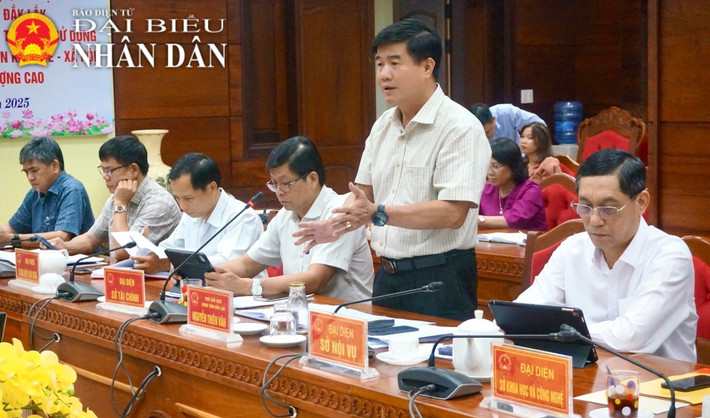
This reality is clearly demonstrated in a number of enterprises that are applying modern technology. Nguyen Ba Thanh, Chairman of the Board of Directors and General Director of 333 Sugarcane Joint Stock Company, said that despite proactively conducting internal training according to the model of “old people with new people”, the enterprise still faces difficulties in recruiting skilled technical workers. The sugar industry currently does not have appropriate specialized training programs, leading to a situation of “shortage” even for basic technical positions.
In terms of training local human resources, Tay Nguyen University, a key higher education institution in the region, also faces many challenges. Dr. Nguyen Thanh Truc, the school's principal, said that although there are 35 undergraduate training programs, 11 master's programs and 5 doctoral programs, enrollment is still difficult, especially for specific programs that are suitable for local practical needs such as agriculture and forestry. Although this is a group of programs with a high rate of graduates with jobs and good incomes, it has not yet attracted the proper attention from learners.
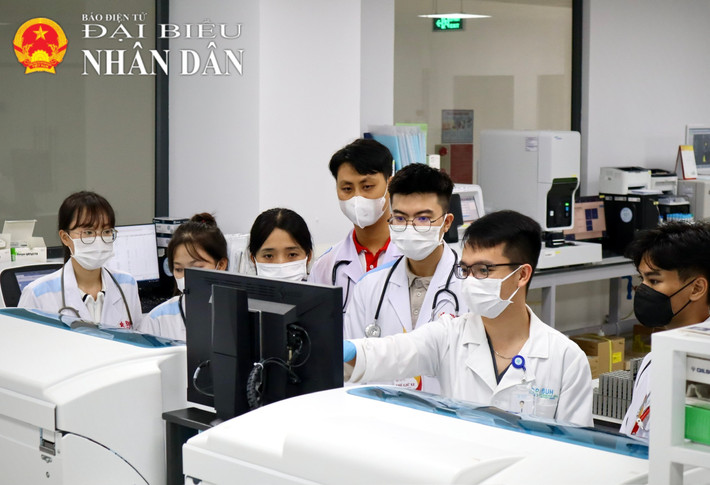
From this reality, Vice Chairman of the Committee for Culture and Education Dinh Cong Sy, Head of the delegation, commented that Dak Lak lacks a long-term, synchronous and practical human resource development strategy. The lack of connection between schools - businesses - government makes the trained human resources not close to the needs of use, making it difficult to promote effectiveness after training.
According to the Monitoring Team, along with adjusting career orientation and expanding training scale in line with new development trends, Dak Lak needs to pay more attention to career counseling for students right from high school; develop practical policies to attract talents, especially intellectuals from ethnic minorities. At the same time, it is necessary to urgently build a human resource ecosystem closely linked between related parties, thereby creating a solid foundation for learners to be able to start a career right in their homeland.
Human resource development is not only a prerequisite for improving labor productivity, but also the "key" for Dak Lak to promote its internal advantages, shorten the development gap and integrate sustainably in the future.
Source: https://daibieunhandan.vn/dak-lak-dang-thieu-nguon-nhan-luc-chat-luong-cao-post410027.html


![[Photo] Thousands of Buddhists wait to worship Buddha's relics in Binh Chanh district](https://vstatic.vietnam.vn/vietnam/resource/IMAGE/2025/5/3/e25a3fc76a6b41a5ac5ddb93627f4a7a)






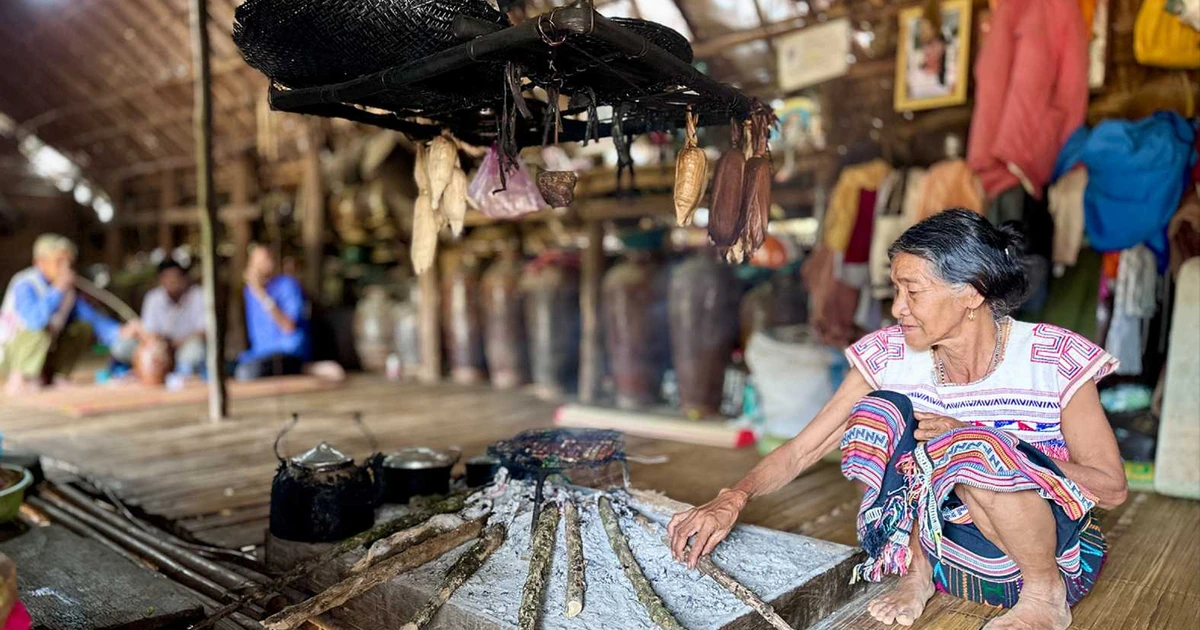








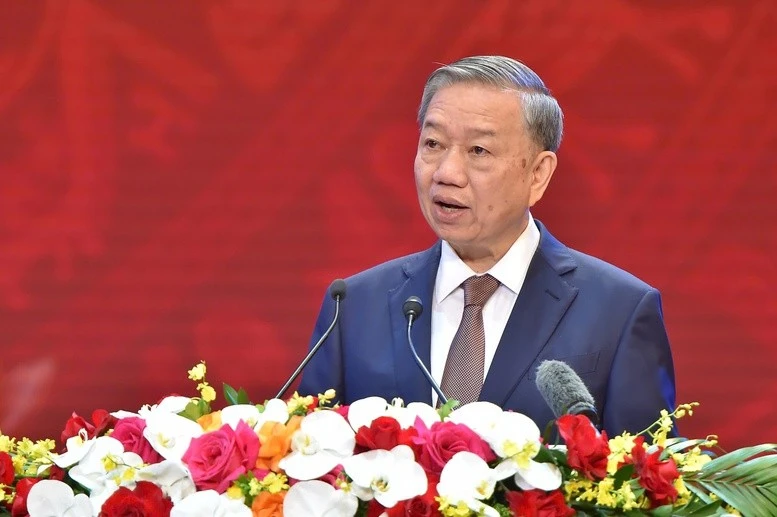
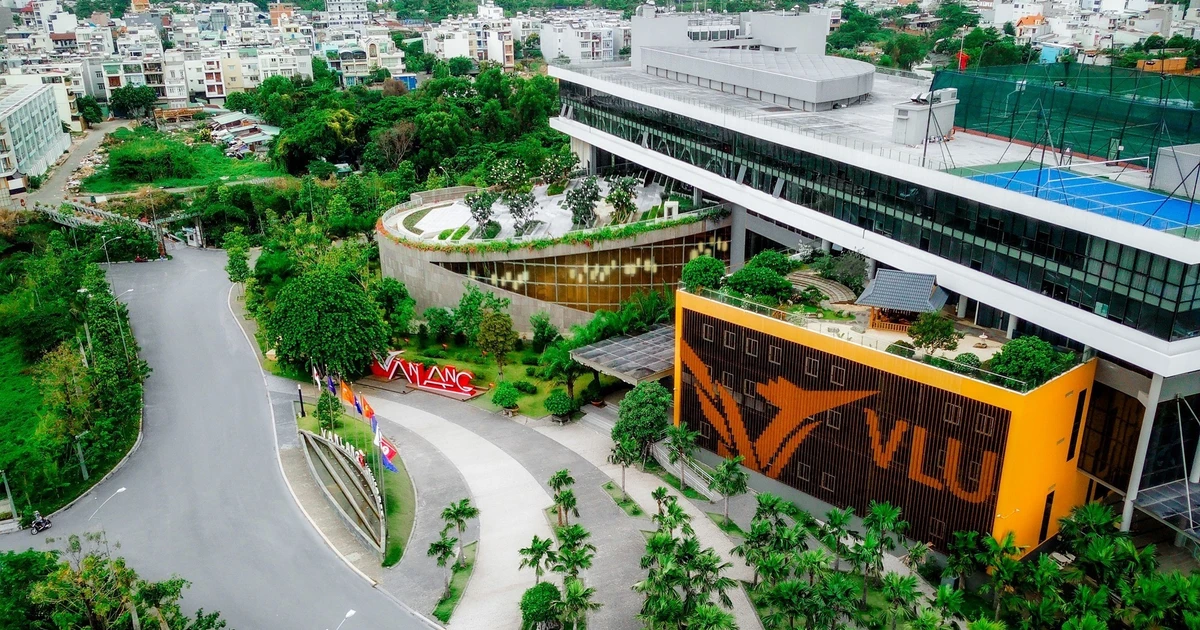

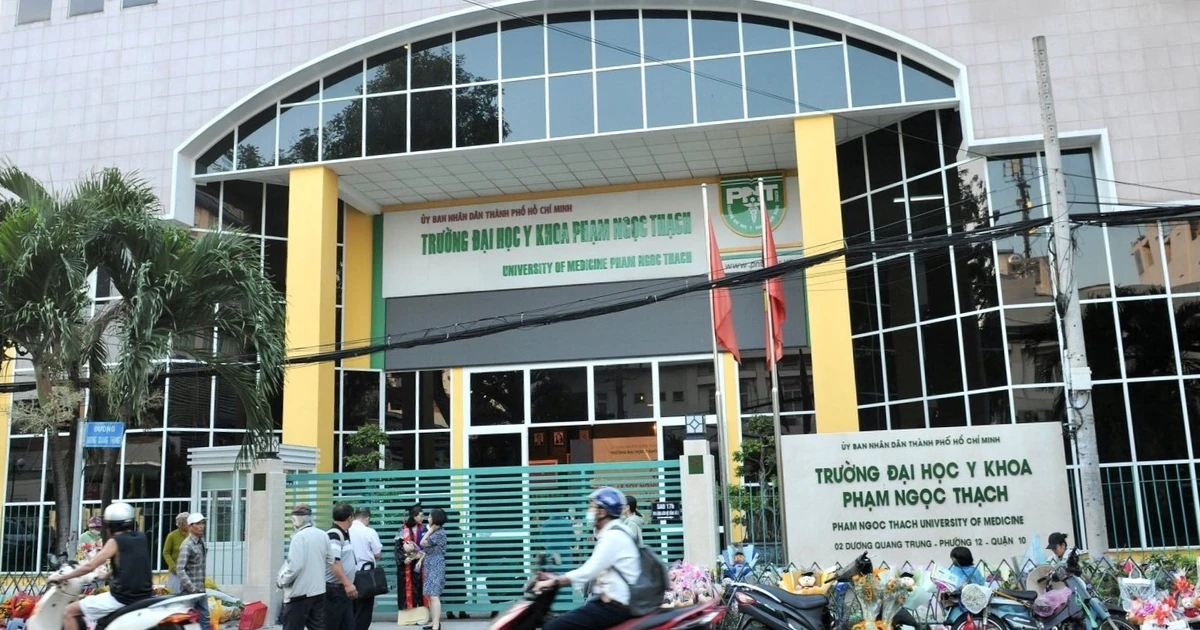






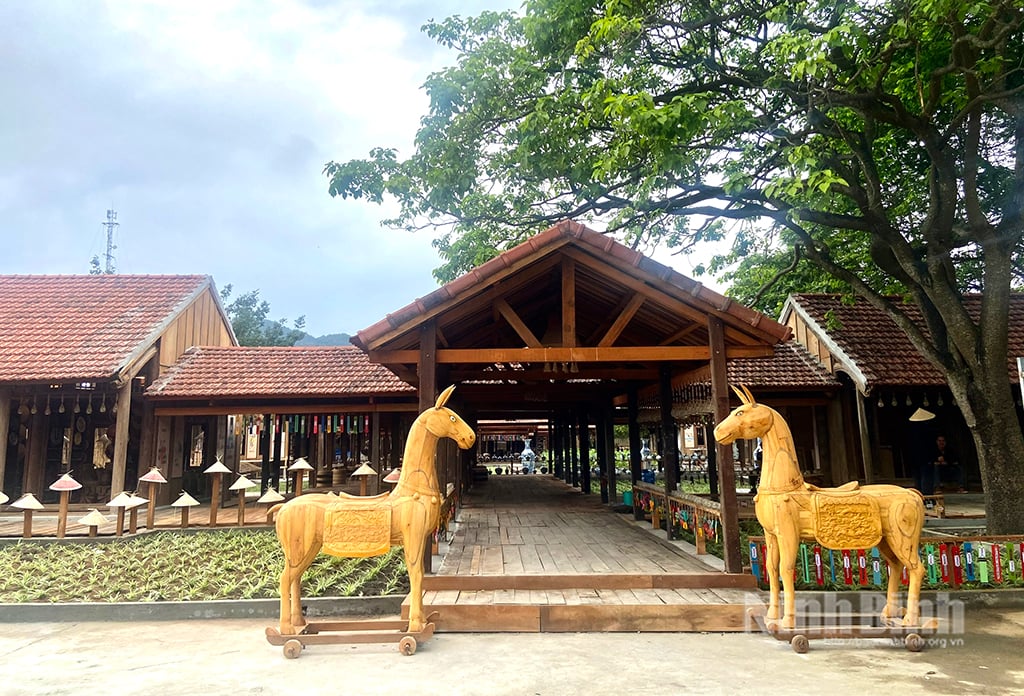





























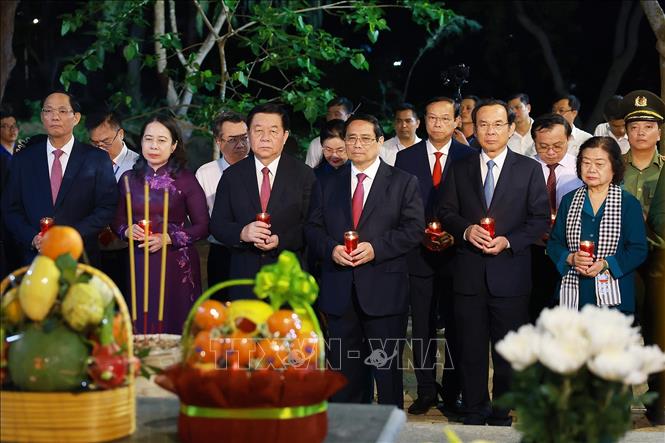









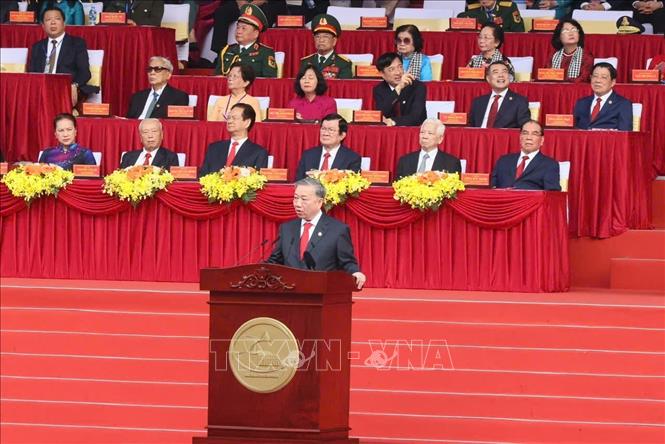



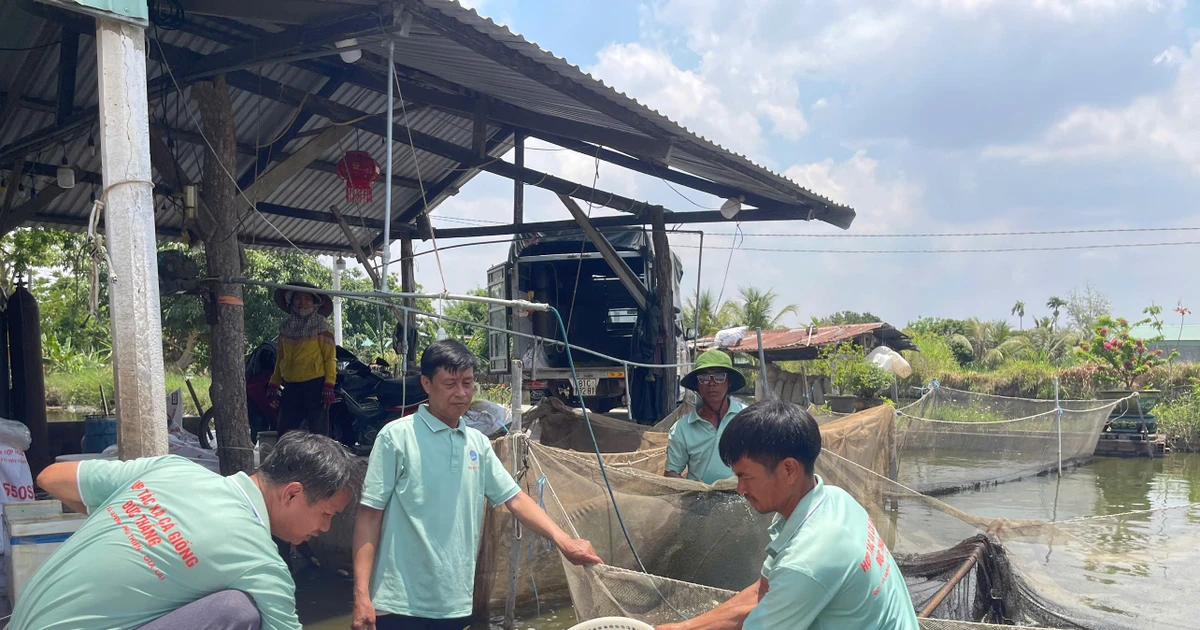

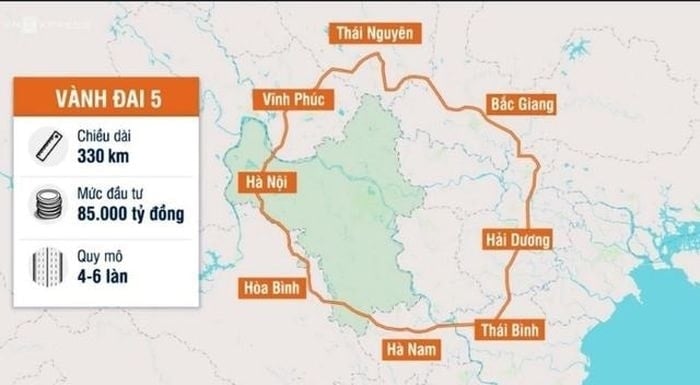





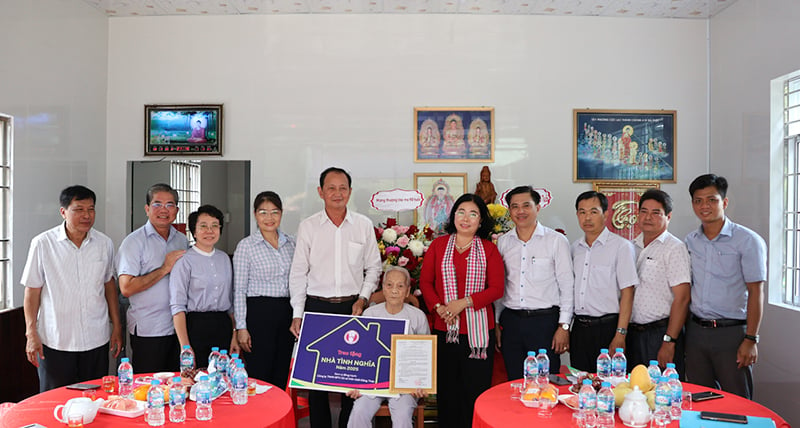










Comment (0)